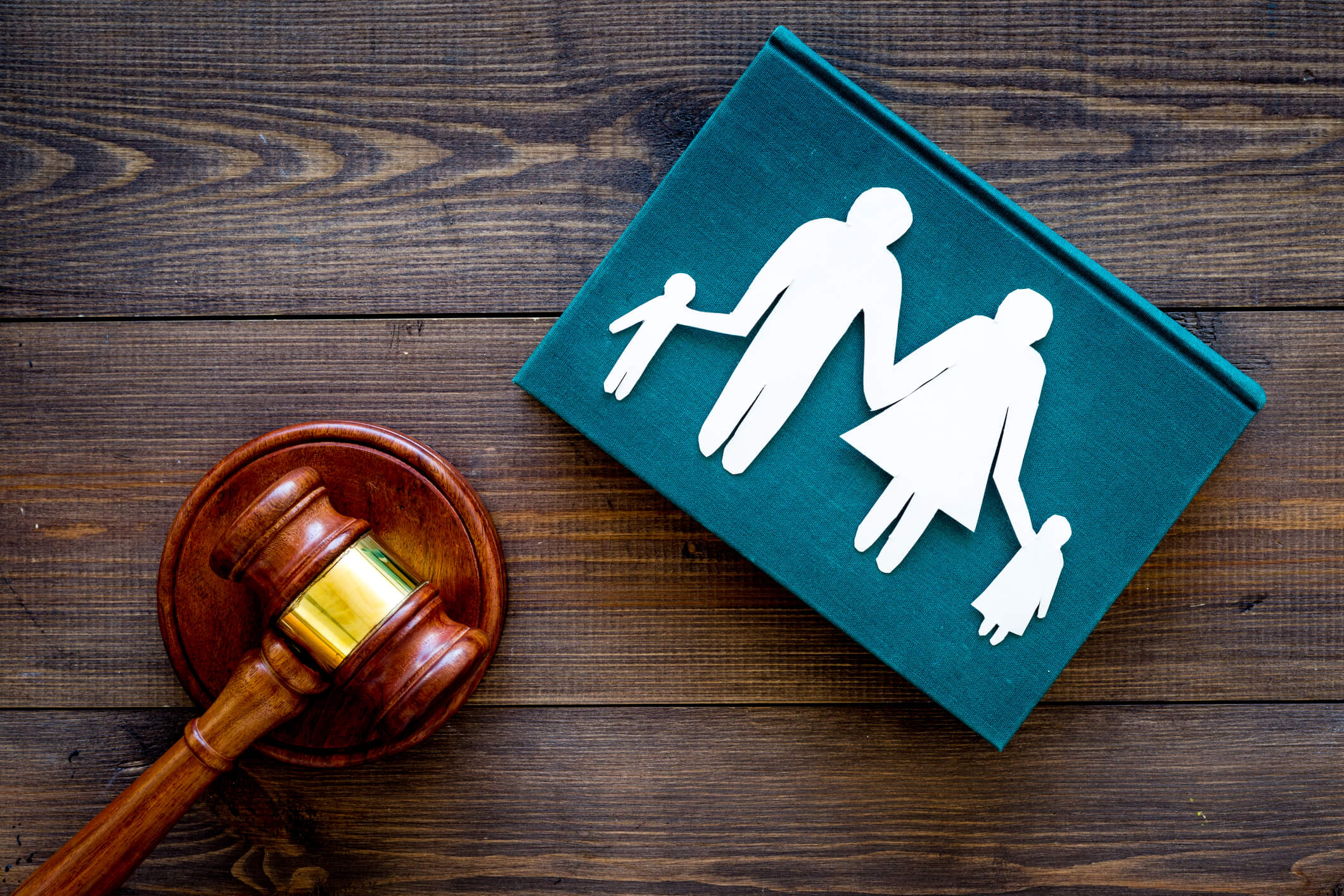
If parents have mental illnesses, the courts may consider their conditions when making a child custody determination. While undergoing a divorce, parents may agree they both want the best for their child. However, they may not always agree on what that looks like for their family post-divorce. In such cases, the responsibility of making a custody arrangement may fall to the court.
Making Child Custody Determinations
When deciding child custody cases, family law courts consider the best interests of the child. To determine the most favorable situation for the children involved, the courts may look at factors such as the following:
- The existing relationship between the child and each parent
- The willingness of each parent to support a relationship between the other parent and the child
- The child’s community and school record
- The child’s wishes, if of a sufficient age
Additionally, the court may consider each parent’s physical and mental health.
Legal Custody
Legal custody refers to the right to make legal decisions relating to a child. For instance, this may include deciding where the child will go to school, the type of sports or extracurricular activities the child may participate in, and the religious instruction the child will receive. Encouraging an ongoing relationship between both parents and their children, family law courts often order shared legal custody. In such cases, both parents have the right to make legal decisions regarding the child. The court may also award sole legal custody to one parent, allowing only that parent to have the final say in legal decisions.
Physical Custody
The physical custody of a child determines where and with whom a child will live after a divorce. Courts often order shared physical custody in which the children may split their time living between both parents’ homes. Parents, with the help of mediators, the court, or other third parties may determine the schedules for how their kids will divide their time between homes.
If parents cannot provide reasonable care to their children because of mental illnesses or other such factors, the court may grant sole custody to the other parents and instead award them with limited visitation, supervised visitation, or in rare cases, no visitation.
Considering a Parent’s Mental Illness
With regards to parents with mental illnesses, simply having diagnosed mental health conditions will not prevent the parents from receiving custody of or visitation with their children. Rather, courts may look at the form of their mental illnesses and whether their conditions interfere with their ability to raise their children. For example, the courts may factor in how parents’ conditions affect their ability to provide food, clothing, love, discipline, and other necessities to their children into custody determinations.
The history of parents with their mental health conditions may also play a role in determining custody for their children. The court may give weight to factors such as parents filing for disability or having a history of complying with physicians’ orders and controlling their conditions. By the same token, the court may also consider a history of domestic violence, abuse, or neglect, as well as deviating from their prescribed mental health treatment plans.
Leave a Reply